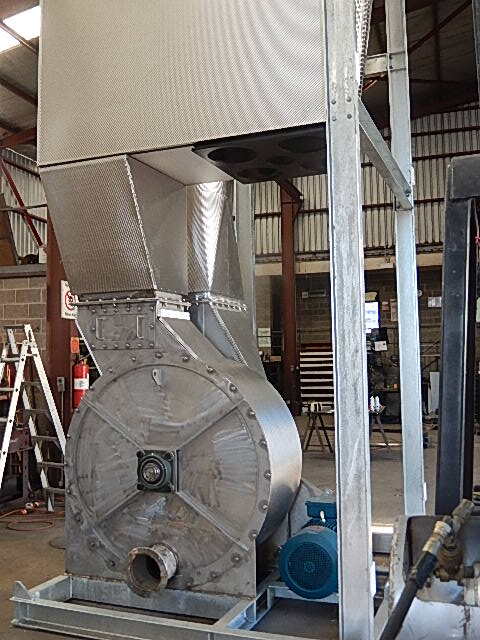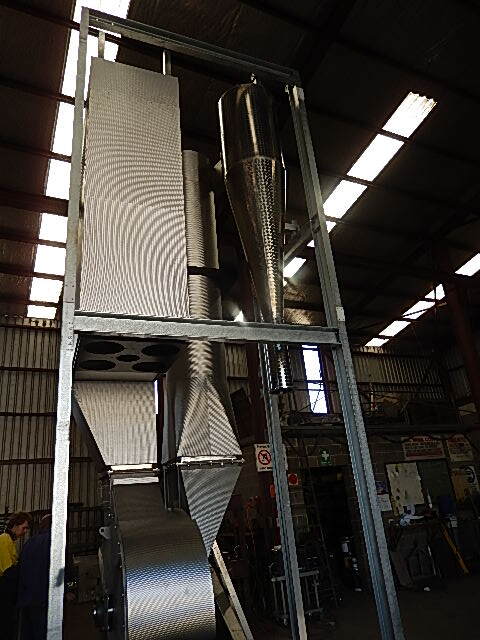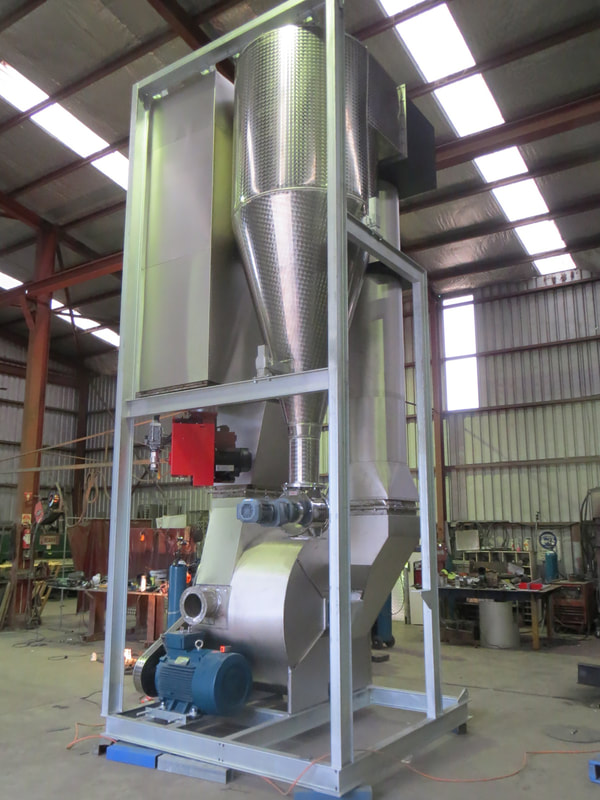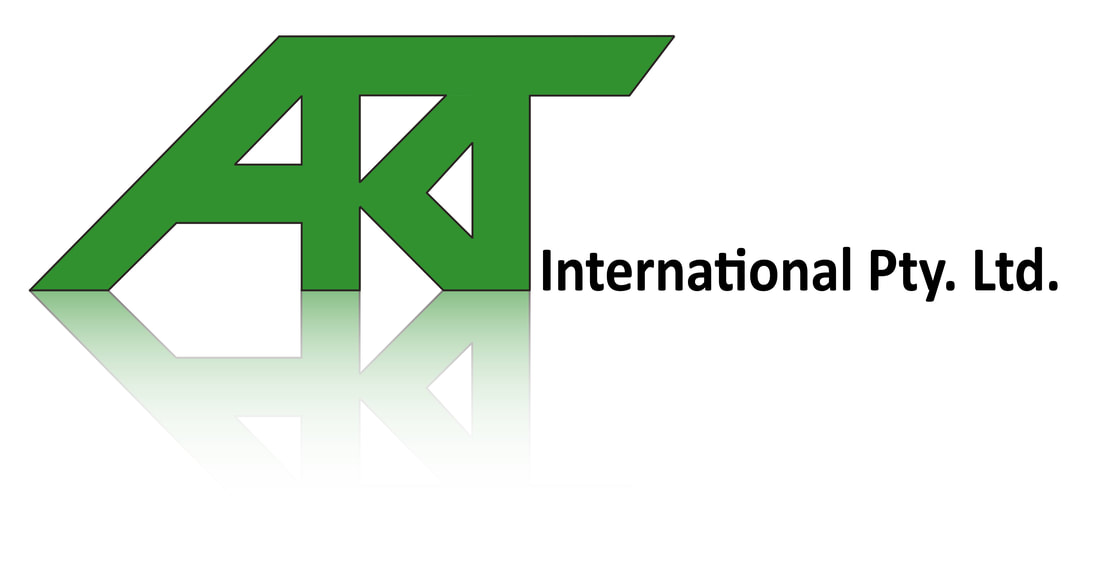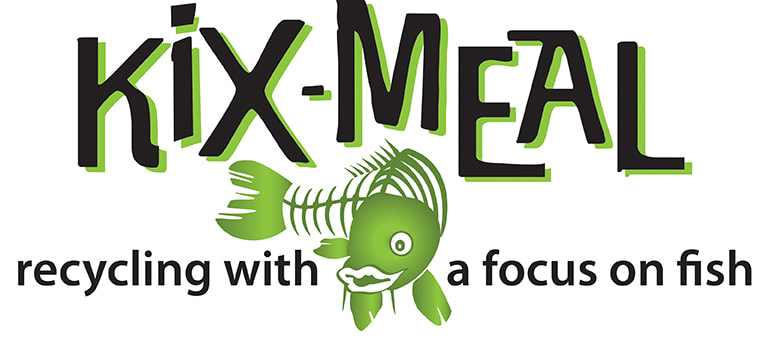AKT-KIX dehydrator
The advantages of the AKT-KIX dehydrator
- The AKT-KIX has a 44 year history of research and development in the field of dehydration
- Details are available of comprehensive R&D trialling of over 500 organic products and minerals, with 300 machines installed in some 37 countries around the world
- AKT challenges any other dehydrator or organic recovery system to warrant on contract that their pepsin digestibility outputs can be over 90%, or in blood 98%
- The KIX, simultaneously with only 5 second contact can sterilise, produce surface lipid complexing and enhance encapsulation
- It can ensure nutrient profiles comparable to freeze drying. With virtually free gelatinisation due to an internal capacity to generate steam explosions within the materials being processed
- It is called a KIX because its operating performance will allow you to optimise the values intrinsic in the products currently creating your problems
- If processing 1000 litres of water, you will need some 10m² of floor space and 7 metres of height. The evaporation process can treat fresh water, seawater or whole mussel shells. The KIX machine comes with a two-year warranty and will give your materials processing an average 30 year of life span
- The only machine comparable in performance to an AKT - KIX is a spray dryer which is unable to process solids, viscous or putrid materials. Spray dryer processing requires extensive pre-treatments or product stabilisation. Spray driers are not yet able to guarantee digestibility, are unable to match freeze drying standards and are at least 10 times the cost of a KIX.
| ||||||||
| akt_kix_process_description.pdf | |
| File Size: | 114 kb |
| File Type: | |
| gelitinisation_the_cost_free_way.docx | |
| File Size: | 21 kb |
| File Type: | docx |
| 4379_feral_pig_processor.docx | |
| File Size: | 1848 kb |
| File Type: | docx |
